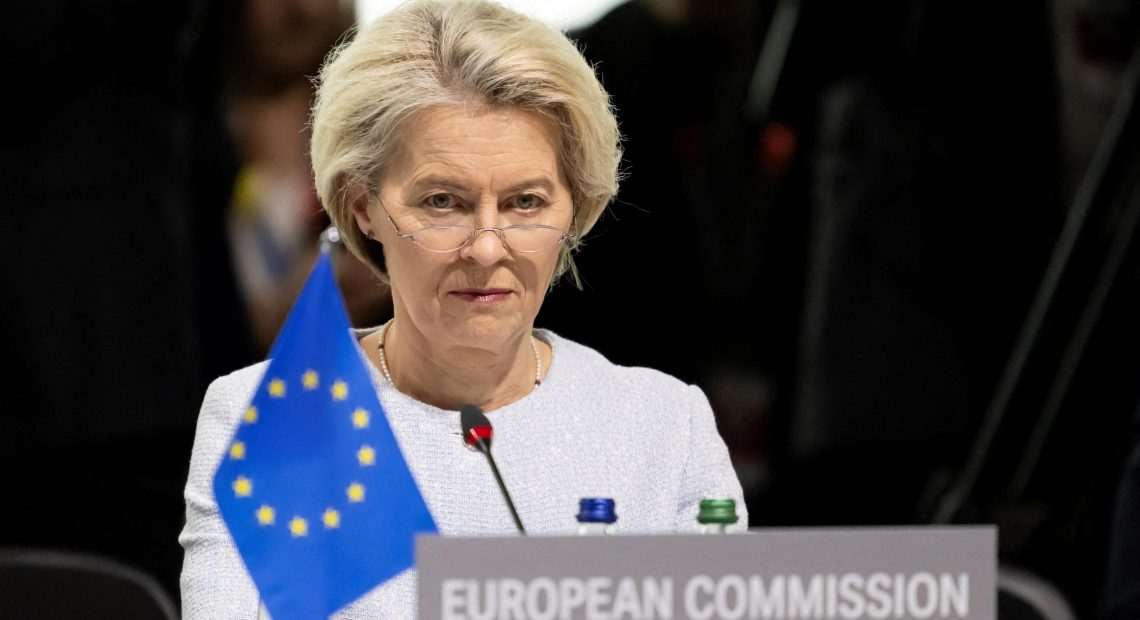EU Parliament Faces Tense Vote on Von der Leyen’s Second Term

On Thursday, Members of the European Parliament (MEPs) are set to decide whether Ursula von der Leyen will serve a second term as European Commission president. Despite her recent efforts to garner support, the outcome of the vote, scheduled for 13:00 in Brussels (11:00 GMT), remains uncertain.
Von der Leyen was officially nominated by European leaders at a June summit in Brussels, despite opposition from Italy’s Prime Minister Giorgia Meloni, who abstained and criticized the exclusion of certain parties from the decision-making process.
Securing 361 votes is crucial for von der Leyen’s reconfirmation. While support from her center-right European People’s Party (EPP), the Socialists & Democrats, and the liberal Renew group is expected, the secret ballot nature allows MEPs to vote based on personal rather than party lines.
Several Irish MEPs from centrist parties plan to vote against von der Leyen due to her stance on the Gaza conflict. Some French MEPs within her own EPP group have also expressed dissent.
To secure votes, von der Leyen has conducted private meetings with various parliamentary groups, with mixed success. Left-wing MEPs have decided against her due to concerns over military spending, while she has garnered tentative support from some right-wing European Conservatives and Reformists (ECR) members.
Italian Prime Minister Meloni, leading the ECR, is awaiting von der Leyen’s address before deciding how to instruct her 24 Italian MEPs. Reports suggest she may endorse von der Leyen in exchange for a senior Commission role for Italy.
The newly formed Patriots for Europe, led by Hungary’s Viktor Orban and including far-right leaders from France, Austria, and the Netherlands, has refused to support von der Leyen.
If von der Leyen fails to secure MEPs’ approval, EU leaders will need to propose a new candidate, potentially restarting the selection process.
Von der Leyen initially took office in a close vote five years ago, overcoming political deadlock among EU leaders.
Picture Courtesy: Google/images are subject to copyright
